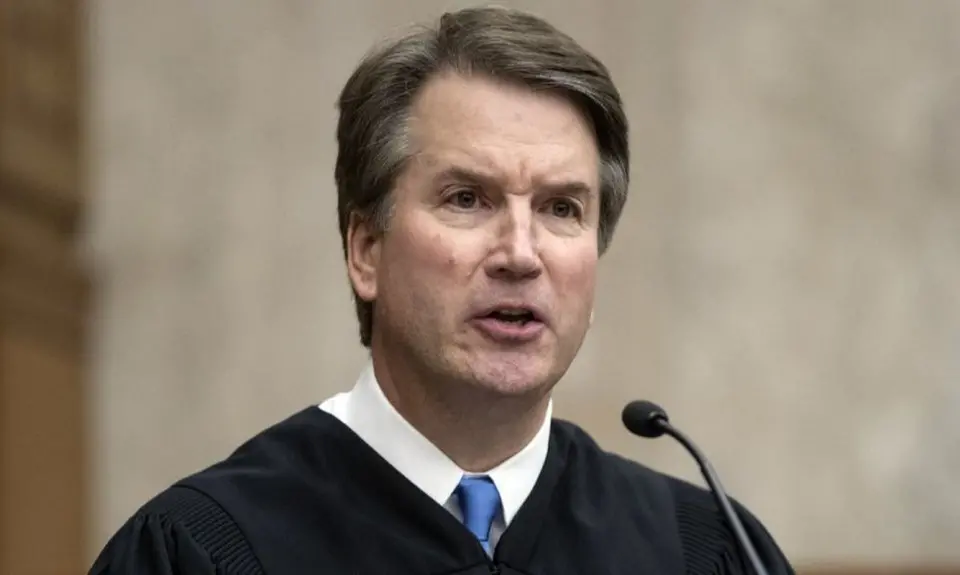In prepared remarks for his confirmation hearing today, Judge Brett Kavanaugh states: “A good judge must be an umpire—a neutral and impartial arbiter who favors no litigant or policy. … I don’t decide cases based on personal or policy preferences. I am not a pro-plaintiff or pro-defendant judge. I am not a pro-prosecution or pro-defense judge. I am a pro-law judge.”
The language echoes remarks by Chief Justice John Roberts who opined on the role of judge as umpire before voting repeatedly voting to undermine women’s access to reproductive health, undermining Civil Rights protections, overturning a century of campaign finance jurisprudence in Citizens United and attacking the rights of workers by overturning 40 years of precedent in Janus.
Moreover, Kavanaugh himself has made clear that his umpire analogy doesn’t address some of the most important issues before the court.
As PFAW Senior Fellow Elliot Mincberg pointed out:
During his tenure as judge on the D.C. Circuit Court, Brett Kavanaugh has consistently ruled in favor of corporations and against workers, consumers, civil rights, and the environment. But is there an underlying theme or approach in American jurisprudence that explains Kavanaugh’s record? Although Kavanaugh would no doubt deny it, his judicial record makes clear that he is a conservative judicial activist who would pose serious dangers to our country if he joins the Supreme Court.
…
At his confirmation hearing, Kavanaugh will likely deny that he is a conservative judicial activist and will claim that he tries to be a neutral judge who calls balls and strikes like an umpire. But in a speech last year before the Heritage Foundation, he made an interesting admission. Judges should call balls and strikes like an umpire in most cases, he claimed. But “on occasion,” he stated, the “relevant constitutional or statutory provision may actually require the judge to consider policy.”
###
